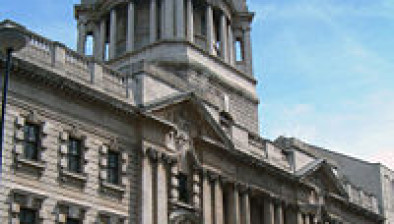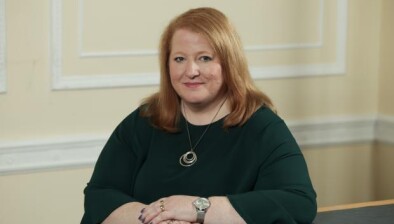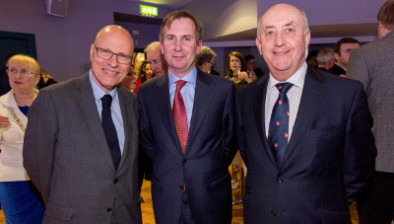England: Cameras to be allowed in court for the first time

Draft legislation has been laid before Parliament to allow cameras in courts in England and Wales for the first time.
The Crown Court (Recording and Broadcasting) Order 2020 will allow cameras to broadcast the sentencing remarks of High Court and senior circuit judges in some of the most high-profile courts across the country, including the Old Bailey.
Proceedings are currently broadcast from certain Court of Appeal cases. Extending this to the Crown Court means the public will be able to hear judges explain the reasons behind their sentences for the most serious offences.
Filming will be restricted to sentencing remarks only and no other court user – including victims, witnesses, jurors and court staff – will be filmed.
The Lord Chancellor, Robert Buckland QC MP, said: “This government, alongside the judiciary, is committed to improving public understanding of our justice system and allowing cameras into the Crown Court will do just that.
“It will ensure our courts remain open and transparent and allow people to see justice being delivered to the most serious of offenders.”
A researcher at Birmingham City University has, however, questioned the transparency of television cameras being allowed to broadcast judges’ sentencing remarks.
Sarah Lloyd, an assistant lecturer in forensic psychology at the university, said: “Whilst it is all very interesting that TV cameras are being considered in criminal courts, I’m really not sure that it promotes transparency or openness of our criminal justice system.
“As only the judges’ sentencing decisions are being considered being filmed, I don’t see how this advances public understanding and knowledge as these remarks would be completely out of context. The public are able to sit and hear the trial in the public gallery, on most occasions, and transcripts are available showing the whole trial.
“If it is a high profile case, it could lead to further negative media attention which would further affect families. Alongside this, how will anonymity be ensured and what happens if later on, the defendant is found to be innocent? I also think that being filmed could affect how the judge behaves and the sentencing decision he or she gives.”









